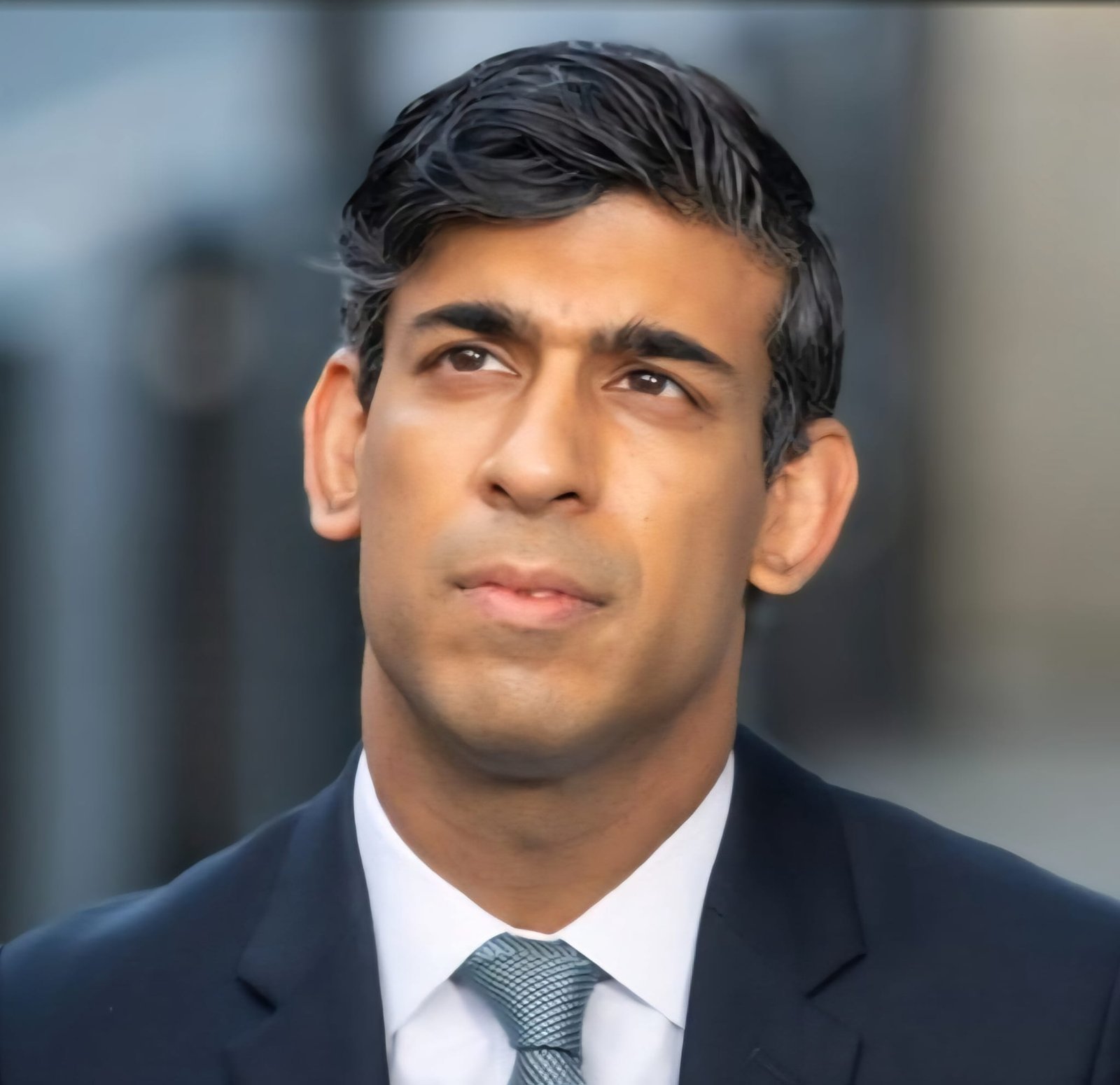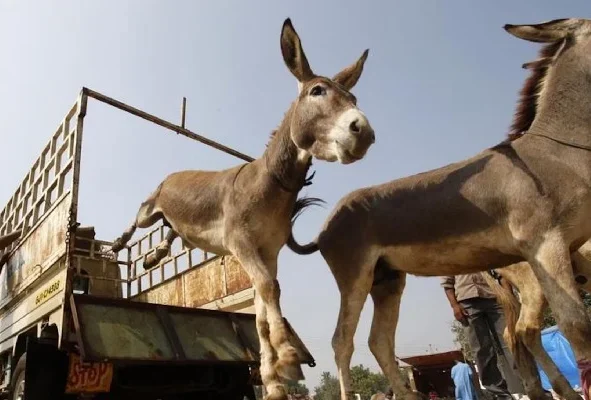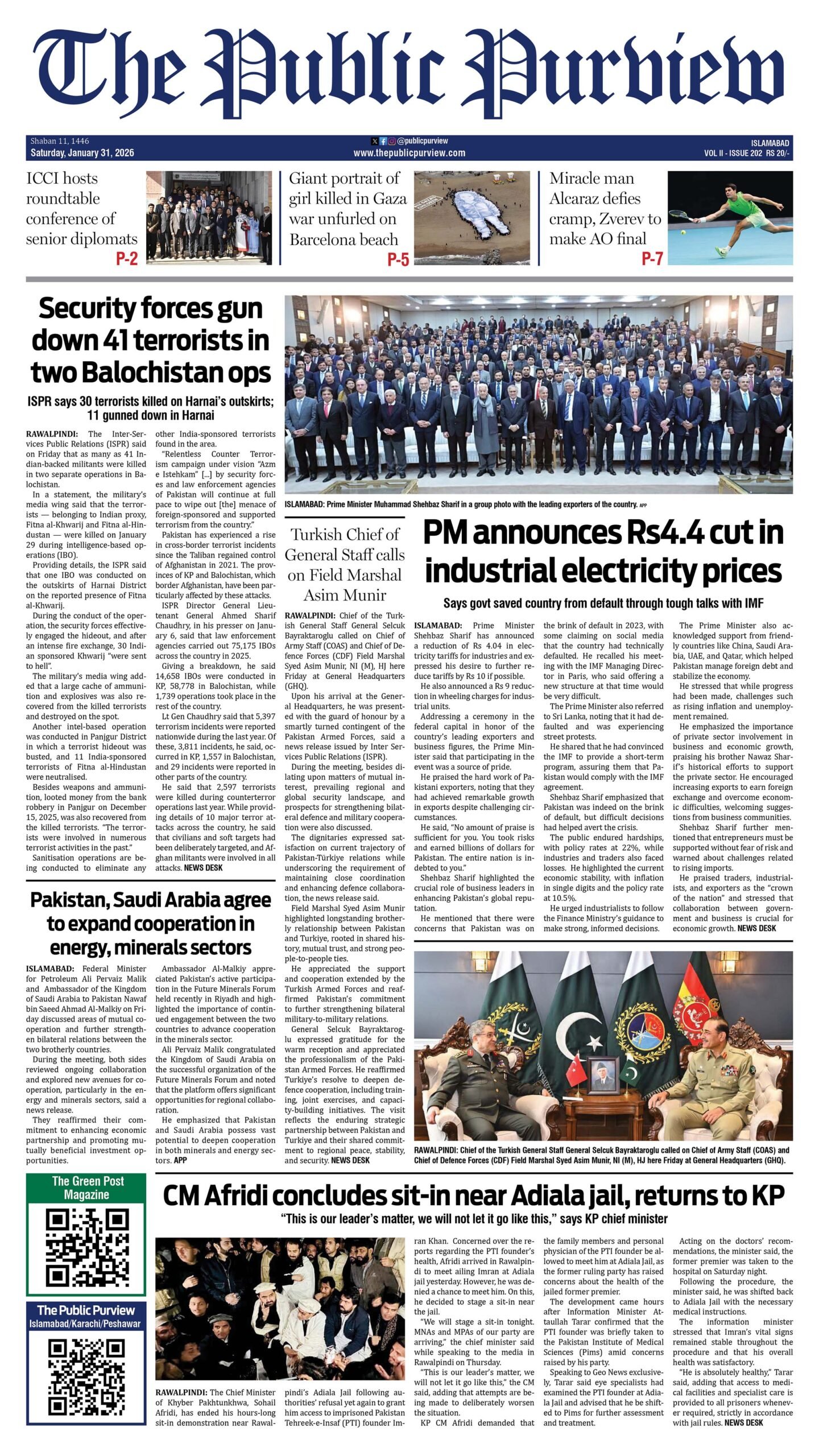
By: Engineer Bakht Said Yousafzai – Pen of Truth
Sunak’s Honest Admission
Former Prime Minister Rishi Sunak has admitted that he should have acted more swiftly and decisively to control migration during his time in office, acknowledging that delays and hesitation may have fuelled public frustration. Speaking candidly about his premiership, Sunak confessed that his government “did not move quickly enough” to deliver on promises to bring down migration numbers, a defining issue that continues to dominate British politics.
Friends Silent About Their Votes
In an unusually personal reflection, Sunak revealed that even some of his close friends have been reluctant to share who they will vote for in the upcoming election. “They haven’t dared tell me,” he said, hinting that some may now support Reform UK—a party gaining ground among voters disillusioned with both the Conservatives and Labour.
Missed Opportunities on Migration
During his tenure, Sunak faced mounting pressure within the Conservative Party to take decisive steps against what many MPs described as “unsustainable” levels of legal and illegal migration. Despite a series of policy announcements, including his controversial Rwanda asylum plan, critics argue his government failed to deliver meaningful results. Net migration figures continued to rise, reinforcing the perception that successive governments have fallen short of their post-Brexit promises to “take back control” of Britain’s borders.
Reflection and Regret
Sunak admitted that his administration was too cautious and failed to match public expectations. “People wanted to see results, not promises,” he said, conceding that his government’s credibility on immigration was severely damaged. His remarks suggest both regret and an attempt to take personal responsibility for the party’s failures.
Fallout for the Conservative Party
Political observers view Sunak’s comments as part of a broader attempt to restore his legacy following the Conservative Party’s heavy defeat. The party now faces deep divisions and a loss of voter trust, while Reform UK has emerged as a powerful voice for those who feel betrayed by years of political inaction. Analysts say Sunak’s admission highlights the party’s growing struggle to reconnect with its traditional voter base.
The Rise of Reform UK
Migration has become one of the most emotional and defining issues in British politics. Reform UK’s leader has repeatedly accused both major parties of breaking their promises and allowing record migration levels. The party’s message has resonated with working- and middle-class voters who feel their concerns have been ignored by Westminster, placing renewed pressure on the Conservatives to redefine their identity and message.
Voter Trust at Its Lowest
For many voters, Sunak’s remarks come too late. Public confidence in political leaders on migration has hit one of its lowest points in decades. Repeated promises, policy failures, and years of indecision have left a lasting sense of cynicism, which now threatens to reshape the political landscape. The issue has become not only about border control but also about trust in government itself.
A Moment of Accountability
Still, Sunak’s rare honesty has drawn some cautious praise. For some, his acknowledgment represents a step toward accountability and transparency—qualities long missing from the political debate. By admitting what many politicians refuse to, Sunak may have opened a necessary conversation about leadership, responsibility, and timing in governance.
A Lesson for Future Leaders
In the end, Sunak’s confession serves as both a reflection and a warning. Leadership, he implied, is not merely about drafting policies but about acting decisively and early—before public patience runs out. Whether his words will help shape the future of the Conservative Party remains uncertain, but one thing is clear: the debate over migration will continue to define Britain’s political direction for years to come.
Read more expert opinions here: https://thepublicpurview.com/category/blog/opinion-news/
For climate-related stories, visit: The Green Post






 Today's E-Paper
Today's E-Paper